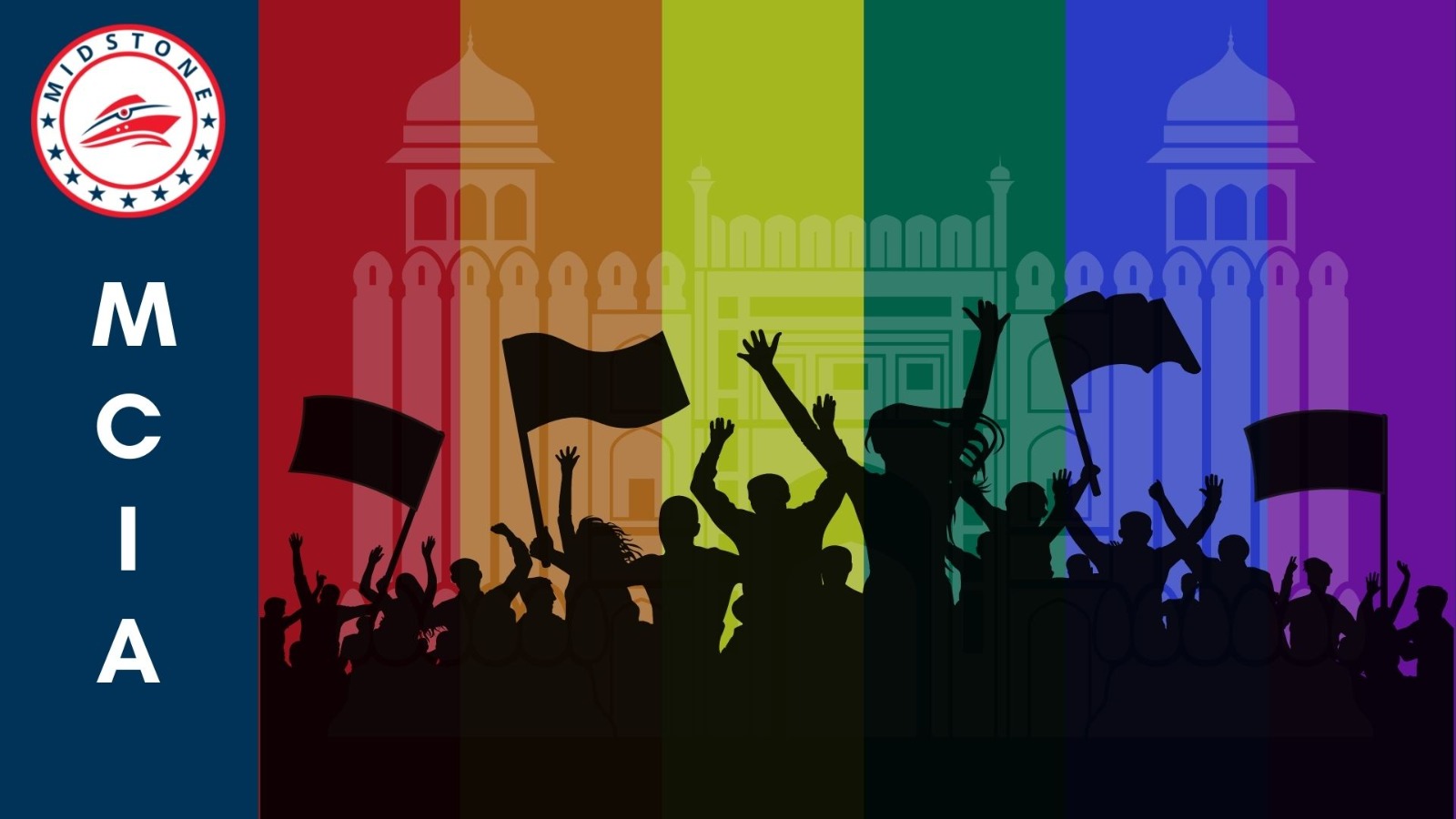
Islamists in Pakistan have expressed outrage over a recent tweet by the United States embassy in Islamabad, Pakistan, which expressed support for LGBTQI+ rights. The U.S. embassy in Pakistan made the tweet on May 17th, which is celebrated in the progressive world as the International Day Against Homophobia, Biphobia, and Transphobia. On this date various international events are organised around the world to raise awareness of LGBTQI+ rights.
The tweet read, “Mission Pakistan works to strengthen and support the LGBTQI+ community. We strive every day to ensure the human rights of the LGBTQI+ community are respected and protected from oppression. We continue to press for full equality.”
The tweet was immediately followed by a meltdown by Islamists in Pakistan, who claimed that the U.S. should respect the laws, norms and culture of Pakistan. Some verified Twitter accounts also joined this outrage cycle, condemning the U.S. embassy’s tweet and demanding an explanation. As of now, the U.S. embassy’s tweet is still up.
Islami Jamiat-e-Talaba, an Islamist student organisation in Pakistan, condemned the tweet by stating, “What an alarming moment for all the Pakistanis that the @usembislamabad is openly advocating #LGBT rights in the Islamic Republic of Pakistan. They have willfully forgotten that the laws of the land must be duly respected.”
A Pakistani senator, Mushtaq Ahmad Khan, who is affiliated with Islamist party Jamaat-e-Islami, also tweeted about the U.S. embassy’s tweet and added that Pakistan’s transgender rights law is ‘un-Islamic’.
A Pakistani anchor person wrote on Twitter, “#LGBT Shame on you US We have our own religion, values and construction you can’t do this in our country. Will any practicing lawyer file a constitutional petition on this? Will any politician speak on this? Shame on Pakistan govt for staying quiet.”
A triggered Pakistani influencer wrote, “US Embassy is openly advocating LGBTQ rights in the Islamic Republic of Pakistan. This is totally against the constitutional, religious and cultural norms of Pakistan. Any attempt to introduce such filth in Pakistan should be dealt with an iron fist.”
A Pakistani political activist wrote on Twitter, “What an alarming moment for Pakistan that the US Embassy is openly advocating LGBT rights in Pakistan. This is totally against the constitutional, religious and cultural norms of our country. They have willfully forgotten that the laws of the land must be duly respected.”
A Pakistani lawyer, who was also triggered by the U.S. embassy’s tweet, posted, “Is this a case of monstrous stupidity or by design that you’re promoting something that has no place in an Islamic culture or a Muslim country? Let’s become a bit more sensitive to religious & cultural sensitivities of others, shall we?”
Leader of an Iran-linked Pakistani Shi’ite Islamist group also condemned the U.S. embassy’s tweet.
Meanwhile, some other triggered Pakistani accounts called for shutting down the U.S. embassy in Islamabad.
Others, especially supporters of Pakistan’s former Prime Minister Imran Khan, condemned the U.S. embassy’s tweet and accused the U.S. of interfering in Pakistan.
Others called on the U.S. embassy to apologise to Pakistanis, something which hasn’t happened so far.
Meanwhile, some progressive Pakistanis also voiced their support for LGBTQI+ rights and defended the U.S. embassy’s tweet.
While Pakistan’s LGBTQI+ community continues to fight for their rights and raise awareness in an ultra-conservative Islamic society, it is worth noting here that LGBTQI+ face discrimination and even attacks by Islamists in Pakistan despite the country being one of the few Muslim majority countries where transgenders are officially recognised as the third gender. Several transgenders have been killed in recent years in various attacks across Pakistan. LGBTQI+ people in Pakistan often have to hide their sexuality and live under the radar just to have some peace of mind away from the judgmental eyes of the Islamic society.
A U.S. Justice Department report from 2019 stated:
According to sources, sexual minorities in Pakistan are “deterr[ed] from acknowledging” (Freedom House 2018) or “reluctant to reveal” their sexual orientation or gender identity (UN 23 Aug. 2017, para. 17). According to a report by the European Asylum Support Office (EASO) of the EU on an October 2017 meeting on Pakistan, citing a Country of Origin (COI) researcher from the Office of the Belgian Commissioner General for Refugees and Stateless Persons (CGRS), the LGBT community in Pakistan operates “behind closed doors” (EU Feb. 2018, 45).
A 2013 Pew Research poll found that Pakistan is one of the least tolerant countries when it comes to acceptance of homosexuality. Another poll found that 88.5% of Pakistanis think that homosexuality is unjustifiable.
